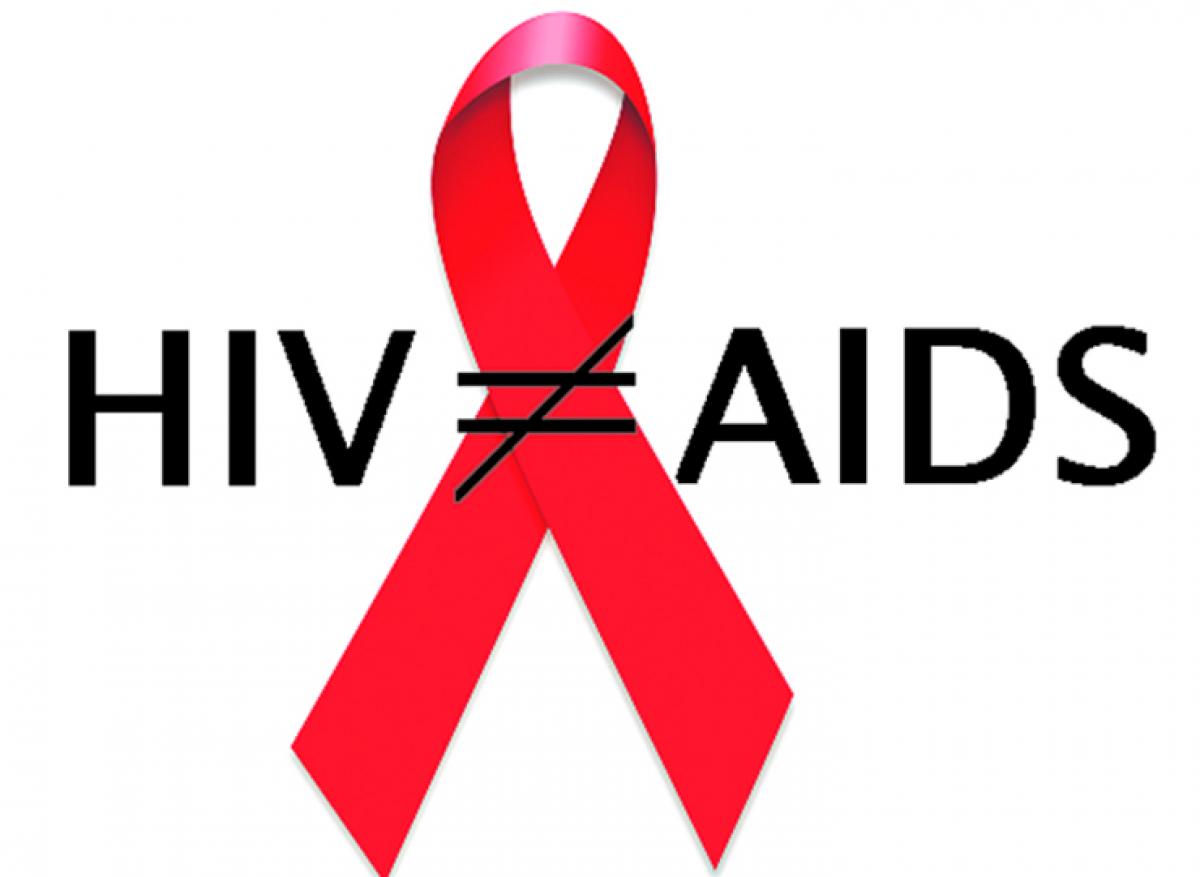Live
- BJP panel to draft poll charge sheet against AAP govt in Delhi
- Allu Arjun Thanks Fans in Patna, Teases 'Pushpa 2' Release
- Japan to strengthen measures against illegal part-time jobs
- Gahlot resignation: Delhi Congress calls AAP a sinking ship
- Consultative body on doctors' walkout fails to narrow differences in South Korea
- Honouring bravehearts: Army commemorates Nuranang Day
- 40,000 aspirants participate in army recruitment rallies across Jammu division
- Nigerian President Tinubu lauds PM Modi's efforts to amplify concerns of Global South
- Congress in Himachal to hold event in Bilaspur to mark two years at helm
- Hitaashee takes third title of the season, wins 14th leg of WPGT





 According to the report titled "How AIDS changed everything - MDG 6: 15 years, 15 lessons of hope from the AIDS response", the world has exceeded the targets contained in the Millennium Development Goals (MGD) to halt and reverse the spread of HIV.
According to the report titled "How AIDS changed everything - MDG 6: 15 years, 15 lessons of hope from the AIDS response", the world has exceeded the targets contained in the Millennium Development Goals (MGD) to halt and reverse the spread of HIV. 



